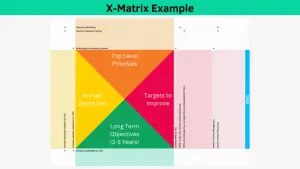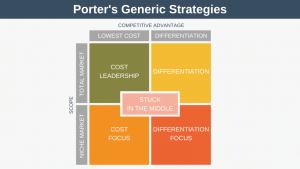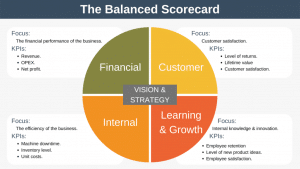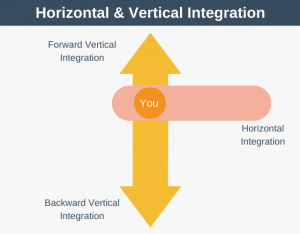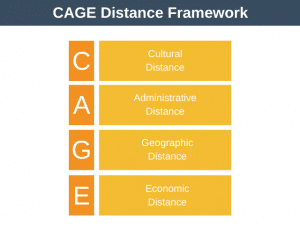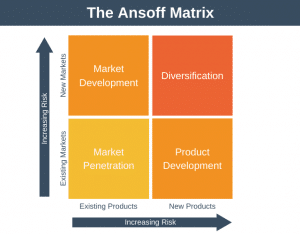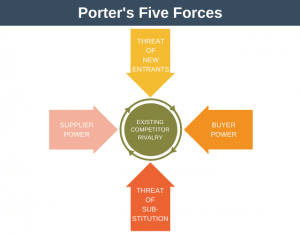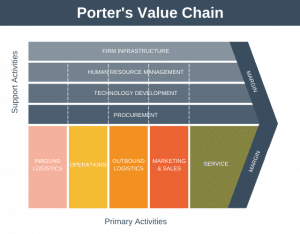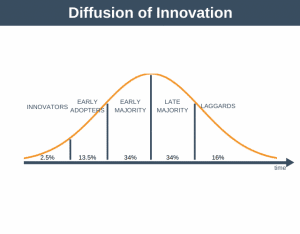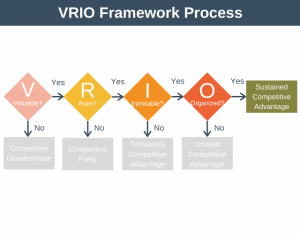Benchmarking is the comparison of a particular businesses processes and key performance metrics against the best businesses in the industry, or even a comparison against best practice from other industries. With benchmarking we are trying to find the gap between what our business does currently and best practice, so as we can plan and initiate improvement steps to bridge the gap.
The advantage of benchmarking is that it objectively highlights an organization’s strengths and weaknesses. Benchmarks reveal potential problems with an organization and point the way to possible improvements. They also highlight norms across an industry. When these norms are combined with industry trends in best practice, benchmarking can be used to generate new ideas to improve how an organization does things.
There are many types of benchmarking, but the key ones related to business are:
- Internal Benchmarking: compares performance between internal parts of an organization (e.g. different functional units).
- Competitive Benchmarking: compares performance of an organization against it’s immediate competitors.
- Functional Benchmarking: compares performance of an organization against a broader range of players in the industry, not just direct competitors.
- Generic Benchmarking: compares performance of an organization against organizations within different industries. The aim of this being to find the global best practice and compare yourself to it.
Benchmarking Definition
Benchmarking can be defined as comparing one company’s business processes against another. The objective of benchmarking can be defined as answering one of the following questions:
- How good are we currently at what we do?
- Are we as good as others?
- What steps should we take to get better?
Benchmarking How-to
The steps you need to follow in order to perform benchmarking are as follows:
- Determine the scope of the project. This will be determined by the potential impact the exercise may have on the organization.
- Choose your benchmarking partners.
- Determine the measures to be used, along with the units of measurement, indicators, and how data will be collected.
- Collect all the necessary data.
- Analyse the data and establish the gaps.
- Report the analsys to the relevant people, and discuss the implications of the findings within your organization as appropriate.
- From this discussion, generate an action plan.
- Repeatedly perform the benchmark internally as you implement the action plan to show that the action plan is bridging the performance gap.
- Regularly review and recalibrate your plan based on the results of step 8.
It is very important to realize that benchmarking is not a simple process. No two organizations are identical – products are different, organization structures are different etc. This means that great care must be taken up front to find the right metrics to compare, or to apply explanatory factors. This avoids a “we are different from them” stasis and facilitates objective comparison. For example, five different insurance companies may be entirely different but their IT processes could still be compared.
Summary
Benchmarking allows you to rate your company against the world’s best. It thus allows you to understand how good you are at what you currently do, and what steps you should take to improve. If you are a project or program manager then the improvements developed in the benchmarking action plan will often need to be embedded (in part or totality) into your project plan. If you would like to know more about benchmarking then the seminal book is Benchmarking for Competitive Advantage by Boxwell.
